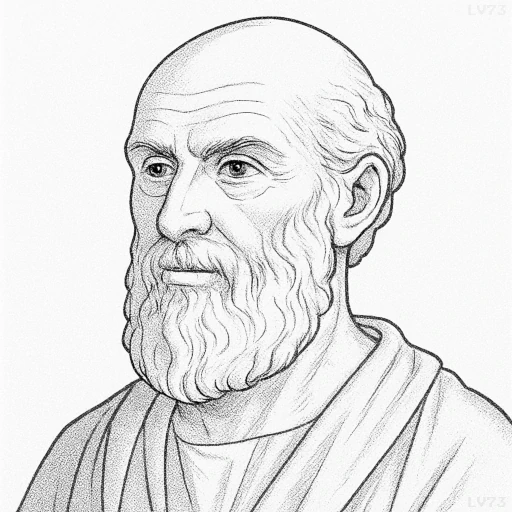“What medicines do not heal, the lance will; what the lance does not heal, fire will.”

- c. 460 BC – c. 370 BC
- Greek
- Physician, “Father of Medicine”
table of contents
Quote
“What medicines do not heal, the lance will; what the lance does not heal, fire will.”
Explanation
This quote is rooted in ancient medical practice and often attributed to Hippocrates, though the exact phrasing is not clearly found in the Hippocratic Corpus. Nonetheless, the concept it conveys—a hierarchy of escalating treatments from medicine to surgery to cautery—is consistent with Hippocratic and early Greek therapeutic strategies. It reflects a time when physicians treated disease through increasingly aggressive interventions based on necessity and urgency.
The “medicines” refer to herbal or dietary treatments, the “lance” to surgical procedures such as lancing abscesses, and “fire” to cauterization, the burning of tissue to stop bleeding or prevent infection. This stepwise progression illustrates the belief that when gentler remedies fail, more invasive or radical methods may become essential. It also underscores the Hippocratic emphasis on observation and judgment in choosing the appropriate treatment level—starting with the least harmful and escalating as needed.
In modern terms, the quote speaks to the enduring principle of therapeutic escalation. Physicians still begin with conservative treatments—medications, physical therapy, lifestyle changes—and move to surgery or more intensive procedures when necessary. While we now possess far more advanced tools, the underlying logic remains: treatment should be tailored, proportionate, and escalated only when simpler methods are insufficient. This ancient maxim continues to echo through contemporary clinical decision-making.
Would you like to share your impressions or related stories about this quote in the comments section?
